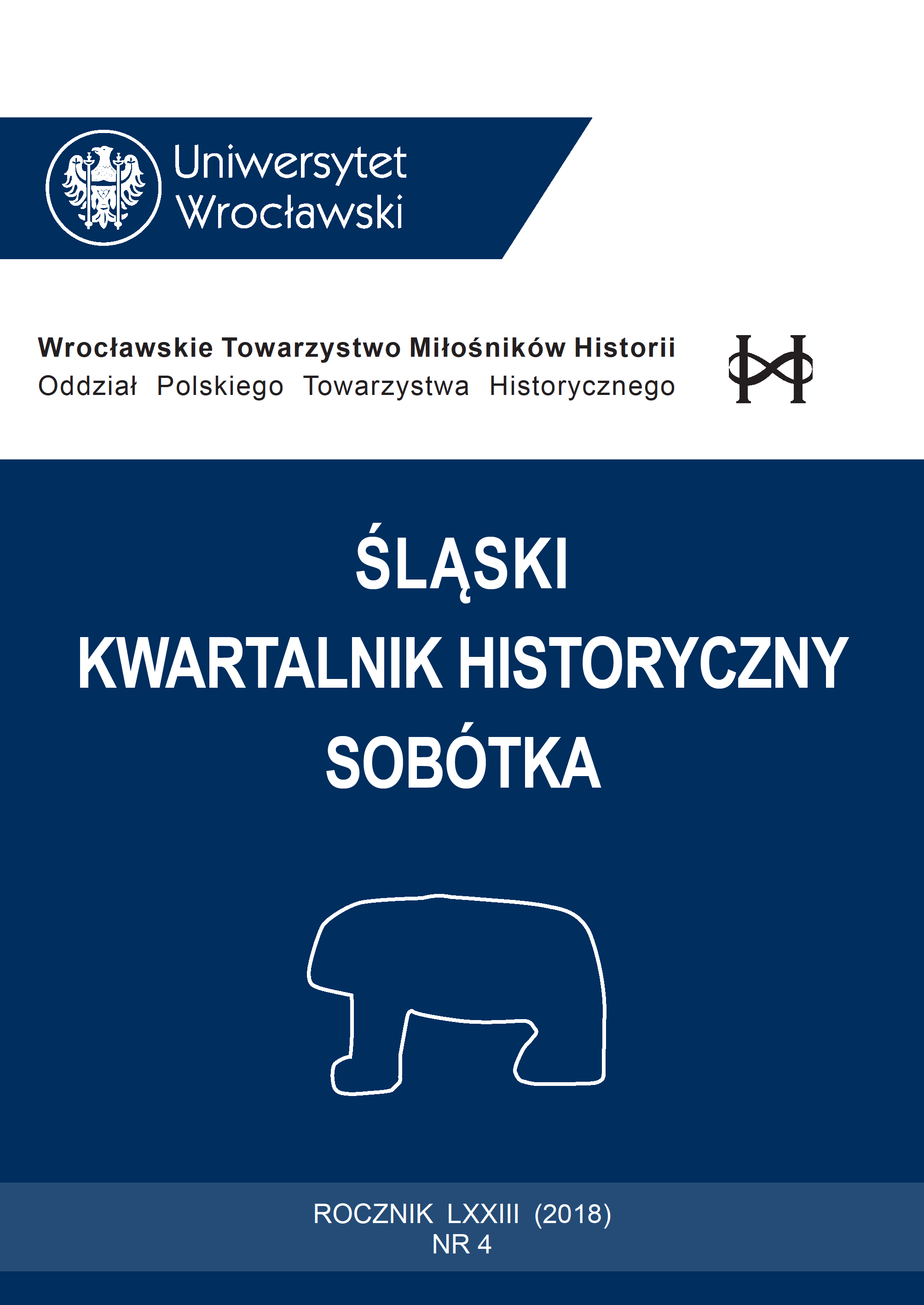Abstract
A salient feature of the cultural space of Upper Silesia has always been the religion and faith of its inhabitants. During the Silesian Uprisings and the Upper Silesian plebiscite, all parties to the conflict invoked religious values in various ways. Political arguments were often presented in the form of notions, ideas or symbols derived from religious tradition. This phenomenon, called the sacralisation of political discourse, was an abundant one. This was because the participants of the political dispute in Upper Silesia in the period 1918–1922 referred to highly diverse elements of the Christian religious tradition.
Keywords:
Upper Silesia, Silesian Uprisings, Upper Silesian plebiscite 1920, sacralisation, Poland, 20th century, history of the Catholic Church, religion, politics



